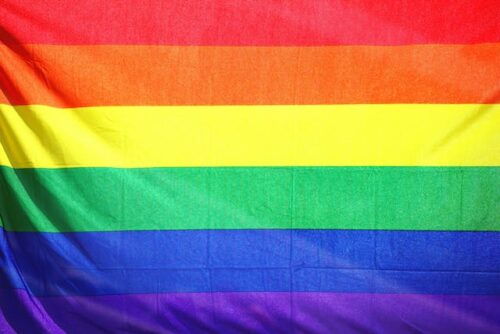
The legal protections available to LGBTQ employees across the United States are relatively recent. Georgia, in particular, lacks many workplace protections that are accepted and typical in other states. For example, no state law in Georgia prohibits employers from discriminating because of race. As a result of this legislative weakness, LGBTQ employees find themselves more at risk than in most states. Read on to learn more about the rights afforded to LGBTQ employees, what vulnerabilities remain, and how an Atlanta employment discrimination attorney can help you if you have been the subject of employment discrimination based on orientation or gender identity.
When Did U.S. LGBTQ Employees Receive Employment Protections?
Before 2020, LGTBQ employees in the United States lacked crucial protections. This changed with the United States Supreme Court case of Bostock v. Clayton County (2020).
In 2013, Gerald Bostock had recovered from prostate cancer and joined Atlanta’s LGBTQ softball league. A former player in a local Chamber of Commerce softball league, Bostock wanted to be active and fit.
Shortly after, people with decision-making authority at his job started openly criticizing both his orientation and his participation in the league. He had never broken any workplace rules, but he was accused of mismanaging program funds. In June 2013, he was fired “for Conduct Unbecoming of a Clayton County Employee.”
When Bostock’s case came before Georgia lower courts, they followed the Eleventh Circuit’s precedent: that Title VII did not include protection against employment discrimination if that discrimination was due to orientation. Fortunately, on June 15, 2020, the Supreme Court of the United States ruled that discrimination based on orientation or gender identity must also be considered discrimination “because of sex,” which Title VII would prohibit, because an employer who discriminates against gay or transgender employees is accepting conduct in some employees (say, attraction to men or presenting as a man) and rejecting the same conduct in other employees.
Recent LGBTQ History in Georgia
Greater recognition of legal protections for LGBTQ employees only really began in the 2010s. In the last decade, LGBTQ civil rights became a furiously debated topic. Notably, state hate crimes have only started to include protections for orientation since June 26, 2020. As recently as 2016, we saw the passage of House Bill 757, also called “First Amendment Defense Act,” followed by its eventual veto. Nevertheless, a message was sent with the popularity of a bill that allowed businesses and some publicly funded organizations to refuse to serve LGBTQ people if so doing conflicted with a deeply held religious belief.
Georgia remains one of 28 states with no laws protecting LGBTQ people from discrimination based on orientation or gender identity. However, importantly, as previously stated, employees are, in fact, protected from discrimination due to their sexual orientation, gender, and gender identity/expression under Title VII.
Pro-LGBTQ Initiatives in Georgia
Despite all of this, it is in local, city-level efforts that we see a spark of hope, paralleling how other minority groups have achieved initial results in recognition and protection of their rights.
Atlanta, Clarkston, and Doraville all have city ordinances outlawing discrimination based on orientation or gender identity in both public and private employment. Athens, Augusta, Avondale Estates, Columbus, Decatur, Pine Lake, and Savannah have city ordinances banning discrimination based on orientation or gender identity in public (if not private) employment. Finally, East Point, Sandy Springs, and Tybee Island, together with DeKalb and Fulton Counties, have ordinances prohibiting discrimination based on orientation in public employment, though nothing on gender identity and nothing on either kind of discrimination in private employment.
Contact an LGBTQ Employment Rights Lawyer Today
Being discriminated against at work for a core part of who you are is a devastating experience. The LGBTQ community faces many difficulties, particularly in Georgia. Please call us if you’re an LGBTQ Georgian who has experienced unjust treatment. We’ll fight for your rights.